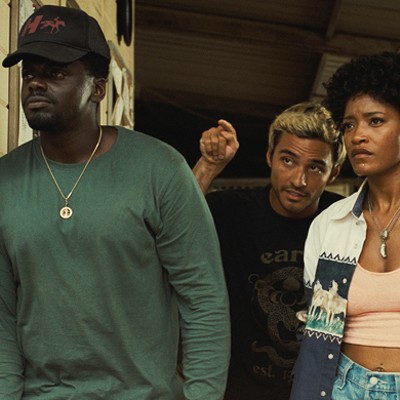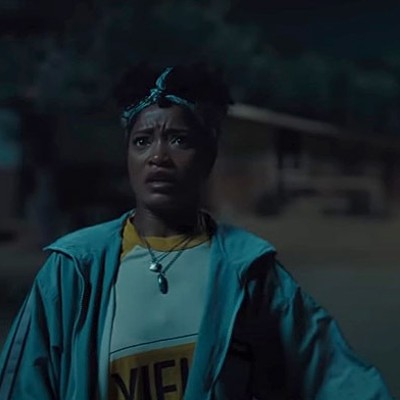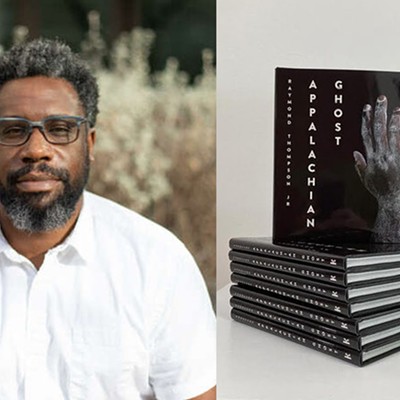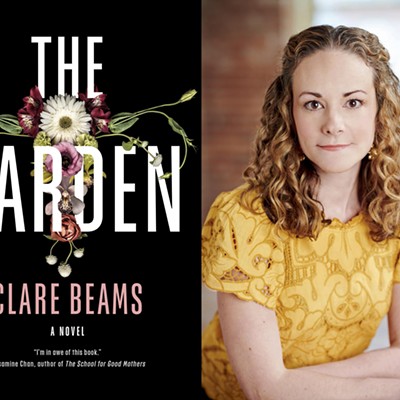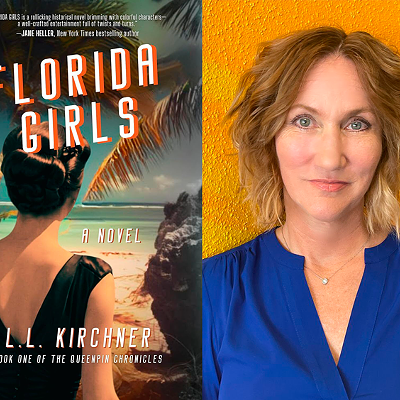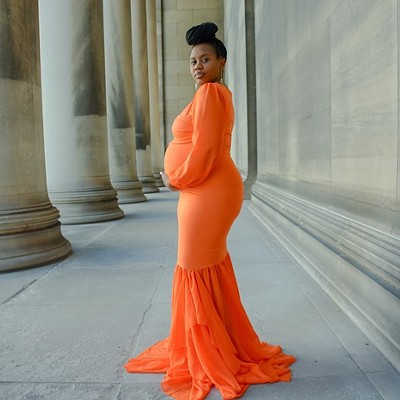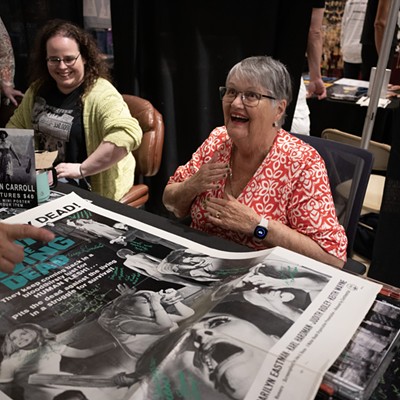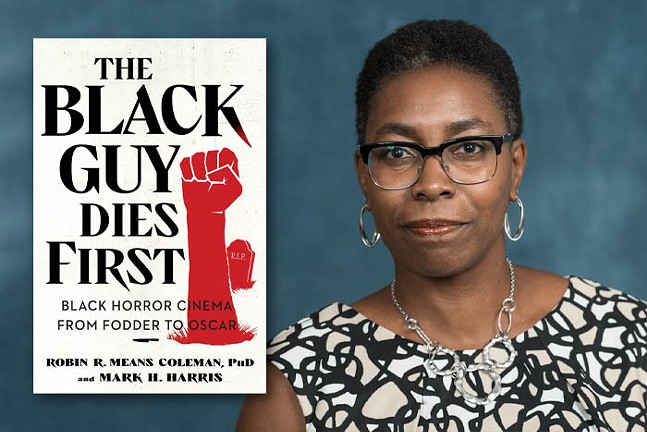
Where did this trope come from? Now, there is a book that factually and playfully breaks down the origin of this horror film curse.
The Black Guy Dies First, released on Feb. 7 by Simon & Schuster, presents a comprehensive history and analysis of the life expectancy of Black characters in horror films. The book comes courtesy of Pittsburgh native and Chatham University alum Dr. Robin R. Means Coleman, known to film scholars for being featured in, and co-executive producing the documentary film Horror Noire.
Coleman, now a professor at Northwestern University, produced the book with film critic Mark H. Harris.
The Black Guy Dies First takes a deep dive into an expansive list of Black performers, directors, and writers who have all touched the horror genre in one way or another. This exploration of tropes and overarching themes in horror is served up with a dash of humor that makes all of the information so much more digestible.
This is a must-read for film scholars and horror film fans alike. Coleman and Harris have done the work in order to provide a historical journey of racism, inclusivity, and representation.
The film history correlates the history of Black people in America and our relationship to this country. It begins with Black actors who were only allowed onscreen to portray servants and savages (that is, when white actors weren’t taking the roles in blackface), and extends to the present day when we are still fighting the stereotypes Hollywood is so quick to force upon us.
The authors call out the studios and filmmakers for not only creating but perpetuating the Black stereotypes that keep popping up in horror films. This includes the Magical Negro who possesses some sort of special power or wisdom to help the white hero advance in their quest, and the Sacrificial Negro, created for the sole purpose of sacrificing themselves (no matter how forced into the plot it is) to save the white hero. These examples demonstrate how studios chose to do the bare minimum of inclusion.
So, if you ever find yourself in a horror film, this book provides a helpful Black Character Horror Movie Survival Guide, with the number one rule being “Stay away from white people." Seems about right. They are the ones who are always trying to go camping in some spot where multiple murders occurred.
Separated into six distinct and enlightening chapters, The Black Guy Dies First will persuade you to binge-watch every horror film discussed. You’ll read about the cultural significance intertwined in the horror classics you may already love, and be introduced to obscure titles you may not be too familiar with but will want to put on your watchlist.
The titular opening chapter provides the origins of the phrase along with specific moments in film history that helped to seal its legacy. Prior to 1968, Black representation in horror was lacking. Any Black actor appearing in a horror film before that year was reduced to bit parts like “Nameless African Tribesman Who Menaces The White Hero.” That “character” would be subjected to one of the Black horror movie deaths listed in this book. The “Opening Scene Death," for example, gets the trope out of the way almost immediately (think Omar Epps and Jada Pinkett-Smith in Scream 2).
No Black actor is immune, as proven by a comprehensive list of Black Oscar nominees, like Morgan Freeman, not saved by their cinematic achievements.
The chapter on “Woke Horror,” or horror films infused with social consciousness, assures that this particular genre didn’t begin in 2017 with Jordan Peele’s Get Out. Horror is quite possibly the most perfect genre to squeeze in sociopolitical issues, disguising many an "-ism" as the boogeyman or some spirit conjured up with an Ouija board.
Still, there's no denying that Get Out was what the authors call a "perfect storm of wokeness." Peele put modern race dynamics on display during the time of Trump and multiple murders of Black Americans by police officers. A lot of white Americans seemed to be ready to learn as Black Americans sighed, “We’ve been trying to tell you.”
In the book’s acknowledgments, the authors mention how they fear they have “come off as a bit complainy.” One can only imagine it’s because, for 306 pages, they have pointed out the wrongdoings of the entire movie industry in regard to the relationship it forces between Black people and horror.
Being a Black fan of the horror genre can, at times, mean being served a raw deal when it comes to not seeing yourself reflected as a hero or survivor, or not connecting with the stories being told. It’s not just throwing a monolithic Black character on the screen and calling it “representation.” The type of representation is what matters.




